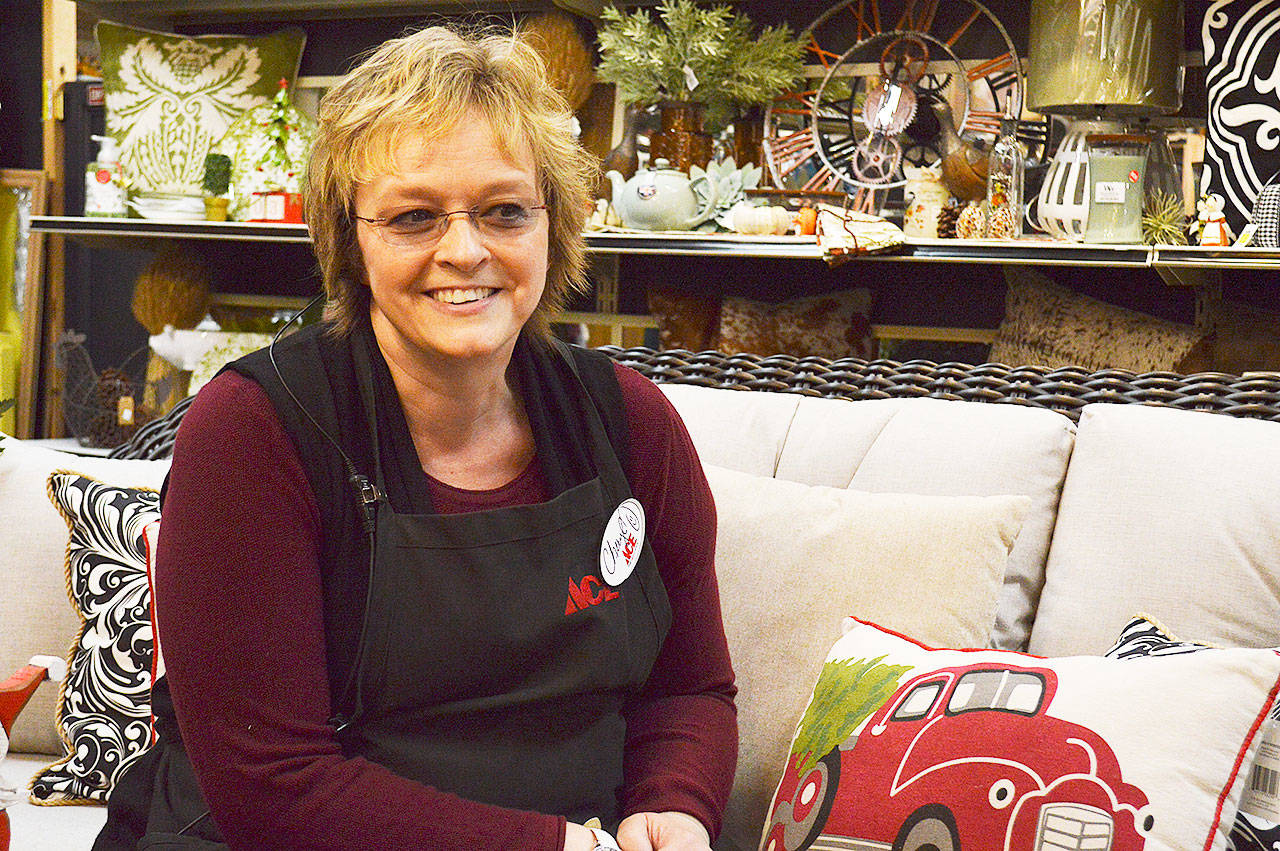Cheryl Wieldraayer knew something was wrong when she felt a lump on her breast. But her doctor at the time assured her that it wasn’t breast cancer.
Six months later she still felt uneasy about the lump, which was warm to the touch, so she went back to the doctor. This time a nurse suggested a mammogram and biopsy, which revealed her fears had been well founded.
“This just goes to show that you really have to be our own health advocate,” Wieldraayer said.
More tests performed by doctors at Seattle Cancer Care Alliance found that the cancer had spread to her lymph nodes and her lungs. She had stage four breast cancer.
ALTHOUGH SURVIVAL rates for breast cancer patients have risen significantly since Wieldraayer was diagnosed in 2002, only about 22 percent of women with stage four breast cancer at diagnosis live another five years, according to recent data from the American Cancer Society.
As with many other types of cancer, early detection and treatment is crucial. The five-year survival rate for people at stage three rises to 72 percent and increases to over 90 percent in the earliest stages.
Wieldraayer’s advice for people who might think there’s an issue is “you know your body,” she said.
“Don’t be afraid to get a second opinion … In my case, that’s what saved my life.”
AFTER DIAGNOSIS, the road through treatment was long and arduous. Wieldraayer said a piece of her lung almost half the size of her hand had to be removed. While on the chemotherapy drugs, her nails fell off, her feet peeled and she developed large sores and blisters in her mouth.
The radiation severely inhibited her memory and cognitive functions, which is why she kept a diary throughout the year.
She recalled with a laugh that while she was at home during chemo, her husband found a sponge in the refrigerator and butter in the cabinet.
“You’ve got to keep humor among this,” she said.
Most of her memories during that year of treatment are a blur, she said. The negative ones all blend together, but the positive moments stand out.
Her husband, Ryan Wieldraayer, came to every radiation appointment and every surgery, even though he was still working full time in construction in Oak Harbor.
FOR MUCH of the treatment, she stayed at Pete Gross House, an apartment for patients receiving care at Seattle Cancer Care Alliance. Her husband would drive down the night before appointments and if her blood counts indicated her immune system was up to it, they would often have dinner at a nearby Hooters.
She said the light, fun atmosphere made it a great place to take her mind off things.
She said she appreciated how nice the waitstaff was and they usually comped her meal.
“It was what they felt that they could do as a kindness for you,” she said. “There’s a lot of kind people out there that wanted to help.”
WHEN SHE was home in Oak Harbor, she managed to work occasionally on her “good days.”
She’s now the manager at Ace Hardware but was the floor manager at the store at the time.
She said her co-workers fulfilled her duties for her when she was away and the owner let her keep her position.
Her support system and faith are what carried her through treatment, she said.
Her husband constantly reminded her to eat, which was difficult for her to remember because the chemo suppressed her appetite.
Members of her church sent her meals and cards. Learning to ask for and accept the support can be a difficult transition.
“You need other people’s strength,” she said.
Her last chemo appointment was Dec. 18, 2002.
WIELDRAAYER’S cancer hasn’t returned, but she did develop lymphedema as a result of her lymph nodes being removed in her left arm. It’s important the area doesn’t get infected, so she carries a cut-proof glove to wear at work.
She also has to wear a compression sleeve, and the arm swells significantly if she puts too much weight on it or lifts heavy objects.
“I try not to be bitter about it, it could be worse,” she said.
Though it has been 16 years, Wieldraayer knows it’s possible for a relapse. She said she tries to stay vigilant in monitoring her health, but she doesn’t let it consume her.
Cancer reset her perspective, she said, and she tries not to take life for granted.
“You’ve got to live your life,” she said. “In 2002, it felt like I was on hold … Every day is a gift.”



